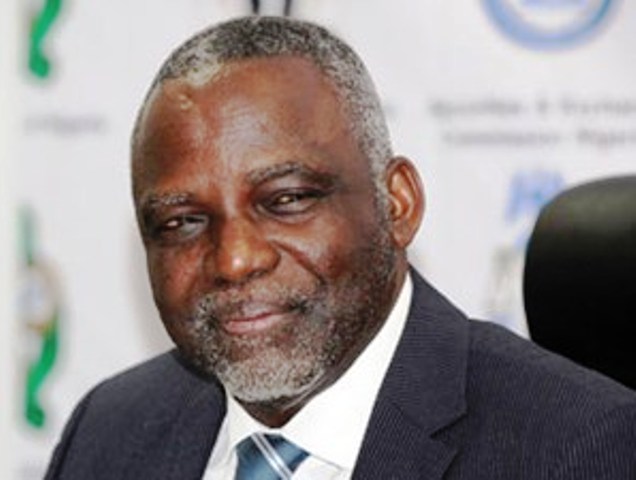Former Minister of Power, Barth Nnaji, yesterday disclosed that about half of the power being generated by the various generating companies is lost on transmission process, while the remaining fifty per cent actually get to the consumers as a result of poor transmission.
He also attributed this to inefficient regulatory system by the concerned government agencies, including the National Electricity Regulatory Commission (NERC).
Speaking yesterday during the public hearing organised by the Senate ad hoc committee on power, which is probing the expenses on the power sector of the country since 1999, Nnaji said Nigeria is still
experiencing poor power supply because the regulatory agencies had not been able to do necessary enforcement and discipline in the sector.
Recall that Nnaji, as a minister of power during the government of President Goodluck Jonathan, headed the deregulation of the power sector and the unbundling of the Power Holding Company of Nigeria.
In his presentation, the former power minister lamented that despite huge resources invested in the power sector of Nigeria over the years, Nigerians are still not enjoying adequate supply.
He explained that since government does not produce power any more, 5, 500 out of the 12, 000 megawatts installed capacity was getting to the consumers.
He said the gas being delivered for power generation was a small measure of the installed capacity which would not affect the quantity meant for export through the Liquefied Natural Gas.
“Even when you have installed capacity of 12,000 mega watts, you cannot release the same amount of mega watts to the end users. Nigeria can generate 7,000 megawatts and make it available for consumption should there be no constraint in transmission where we have inefficiency in distribution.
“Out of the amount of power that is distributed to transmission companies only about 50 percent of it gets to the consumers. It is an incredible inefficiency in the power system that must be cured”, he said.
Speaking on the capacity of the current Minister of Power, Babatunde Fashola, to manage the sector effectively, he said “it is a very large area to cover but the ministry of power is no longer what it used to be when I was a minister because the entire generation is out. It is no longer going to be the manager of power generation, except supervise.

